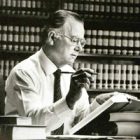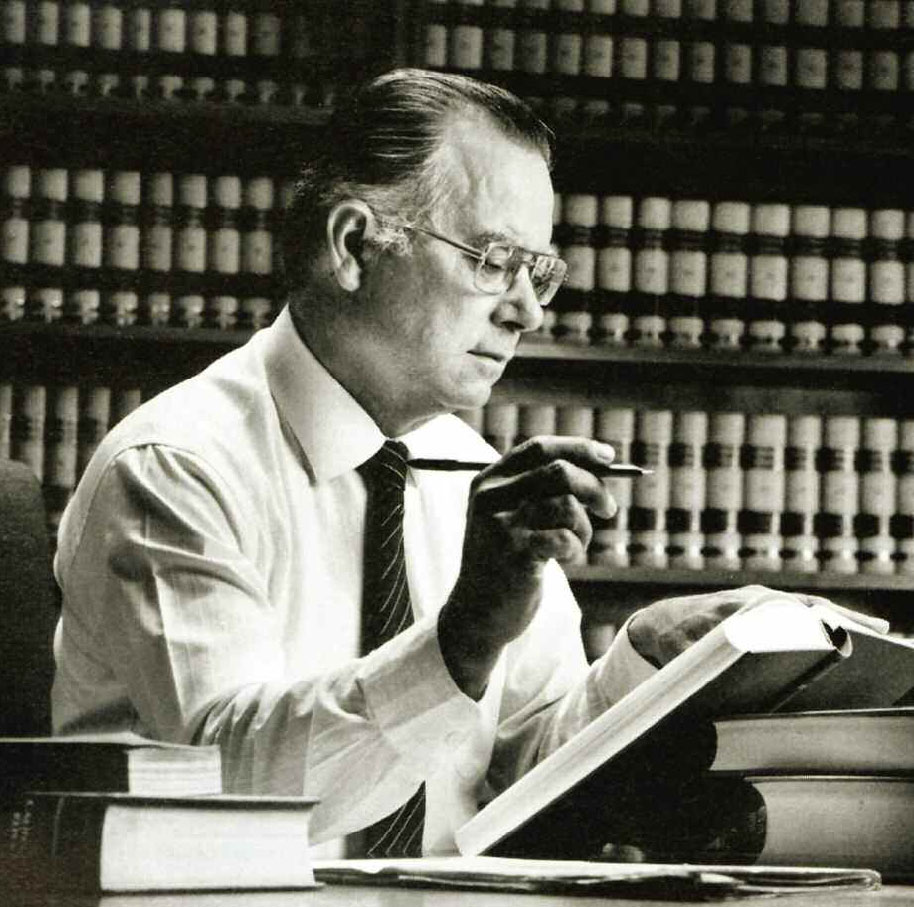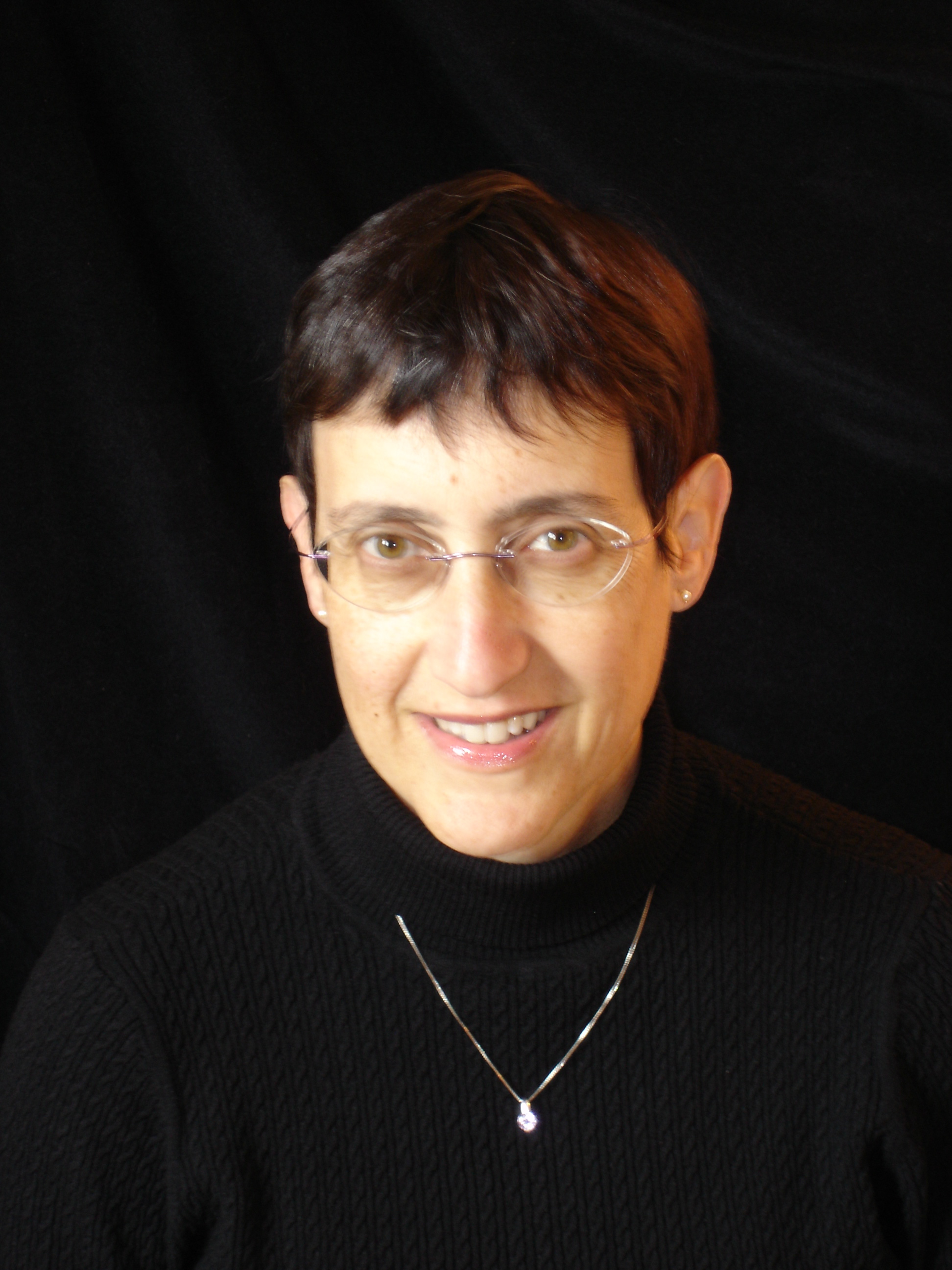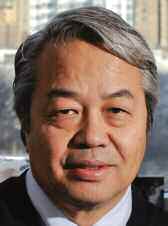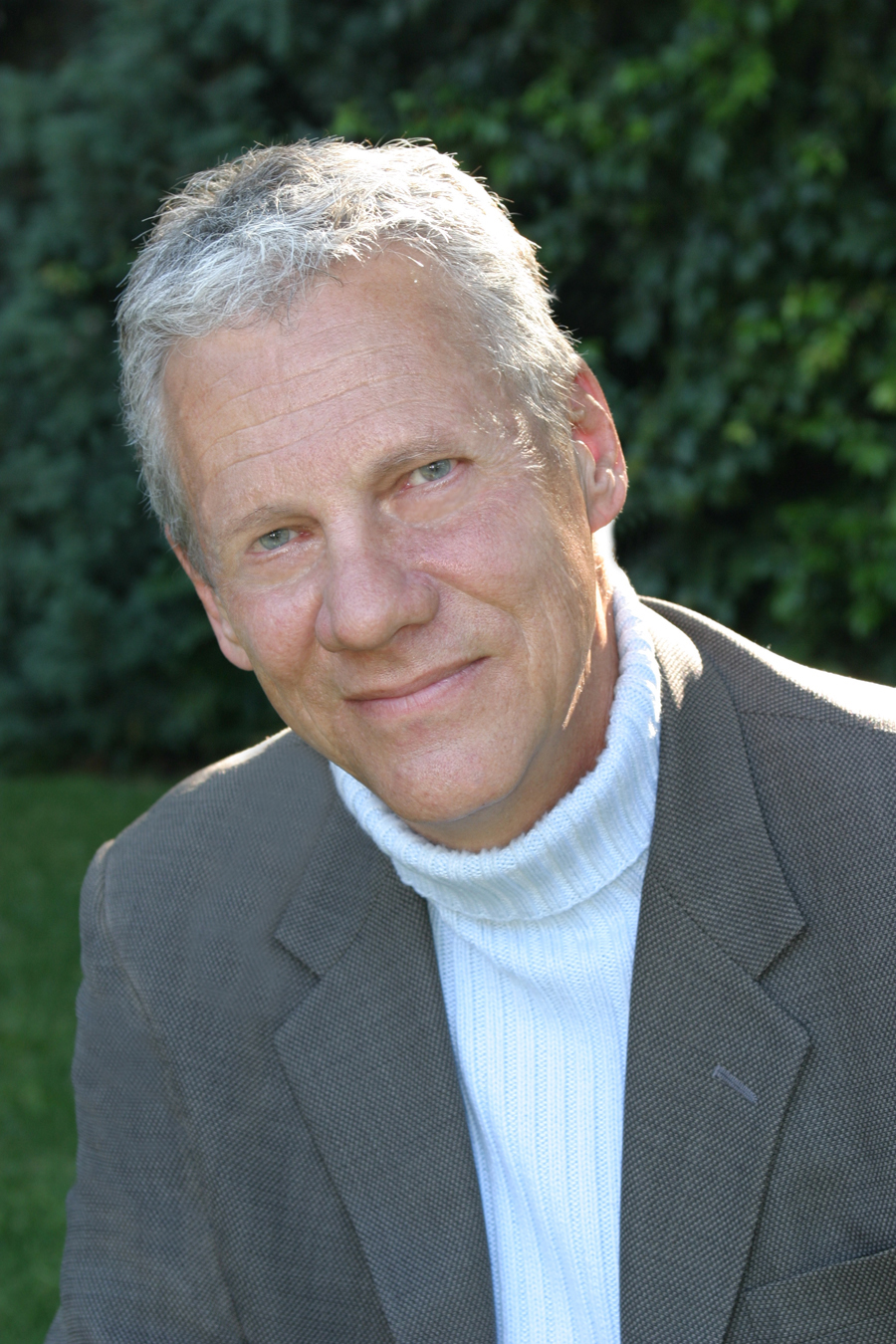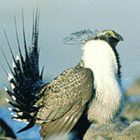
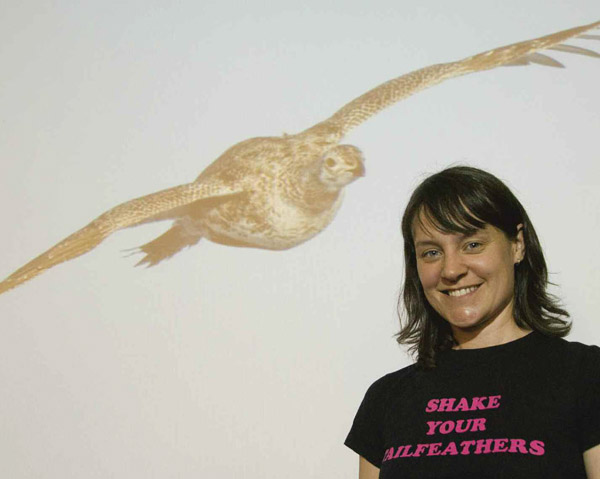
Wearing her “Shake Your Tailfeathers” t-shirt, Jessica Blickley ’02 is ready to face the flock: “I’m excited to see so many Sagehens in the room!” This time, Blickley is referring to the audience eagerly awaiting her Alumni Weekend lecture on the College’s quirky mascot. More often, however, when Blickley expresses excitement over a group of sagehens—known to ornithologists as sage grouse—she is on the plains of western Wyoming, conducting research on thebizarre and beautiful birds.
A Ph.D. candidate in ecology at UC Davis, Blickley recalls hearing colorful stories about the College’s beloved bird while a Pomona student, and being unclear at the time which were true. But now she is ready to debunk a number of myths about the fascinating fowl.
Among the falsities she exposes is the notion that sage grouse don’t fly. Yes, they do, up to 50 m.p.h. And thank goodness, lest the Pomona fight song lyrics require amending: “Our foes are filled with dread/Whenever Cecil Sagehen flies overhead!”
But a misnomer still exists in the song’s title, “When Cecil Sagehen Chirps.” He doesn’t. The bird’s unique vocalization is more of a “coo-coo-pop-whistle-pop,” explains Blickley, who majored in biology at Pomona.
Here, Blickley addresses both the science and the sublime of the sage grouse, which ranges across much of the Western U.S., but also faces a variety of environmental threats.
How did you get interested in the sage grouse?
I always heard stories and rumors about the sagehen while I was a [Pomona] student, but I didn’t start off wanting to study them, probably because I didn’t know how cool they were. Then, at UC Davis, my advisor, Gail Patricelli, was studying them and I became intrigued—it was sort of a fortuitous accident. I had originally been interested in noise issues as related to birds and, with all of the noise pollution problems that sage grouse are facing, it worked out well to apply this interest to this species. It started to become clear to me that there’s a real need for work and research related to the sage grouse, and it’s really great to have an influence on what happens with conservation.
There’s talk of placing the sage grouse on the endangered species list. Is the bird in trouble?
Currently, it’s a candidate for listing under the Endangered Species Act because the U.S. Fish and Wildlife Service has determined they warrant official protection. But the species isn’t in immediate danger of going extinct—there are still as many as 200,000 birds, which sounds like a lot until you consider that there used to be as many as 16 million. There are many things causing populations to decline, including wildfires, invasive [plant] species, livestock grazing and, probably most importantly, habitat loss due to human development. I wouldn’t be surprised if they are listed in the near future, but right now, there are still enough sage grouse that other species closer to extinction take priority. But even so, there’s a lot of work already being done to help protect them.
What’s it like to hold one?
Well, they are very large birds, and they have very strong, powerful wings. The good news is that if you hold them properly, they don’t struggle. But if a wing gets away and hits you, it’s a little startling. Generally, they’re pretty docile.
Is it hard not to laugh at their elaborate mating display, or is it all about serious science?
We definitely have to laugh. Part of it is that they take it so seriously—[the males] strut around, they fight, they do their displays to impress the females, but from our perspective, they look pretty silly. And while it’s hard for us to tell the males apart based on their display, the females are very picky. There may be as many as 200 males, but most of them will never see any action in their lives. One of the things that my lab at UC Davis is trying to figure out is what makes some males’ displays so much sexier than the rest.
For research purposes, how do you tell them apart from each other?
When we’re able to capture them, we put colored bands on their legs, and then it’s really easy. But there are so many and they’re hard to catch. So, for unbanded males, we rely on their distinctive pattern of white dots on their tail plumage.
I understand there’s a layman’s term for this?
Yes, we call that the “butt print.”
I’ve read that the sage grouse is known for its loyalty to a certain area. In what way does this make it a fitting mascot for Pomona?
It’s true, male sage grouse are very loyal to their home lek [a.k.a. “strutting grounds”]. Both males and females tend to return to the same one every year. In the same way, I think a lot of Pomona alumni have loyalty to the school and are excited to come back. I certainly feel that way. Also, the sagehen is a pretty quirky bird, and I’d say the average student at Pomona is pretty quirky as well.
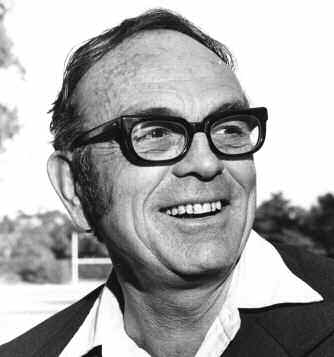 In addition to coaching several years of both varsity and frosh football (including an 8-0 season with the 1950 frosh football team in his first year), Professor Malan coached track and field until 1966 and golf later on in his career. He founded the department’s Athletic Hall of Fame in 1958, oversaw its induction ceremonies for 42 years and in 1989 was himself awarded an honorary induction. That same year, he also received the SCIAC Distinguished Service Award. Along with serving as the College’s NCAA representative, he was very active in the NCAA Council and was elected to the presidency for Division III.
In addition to coaching several years of both varsity and frosh football (including an 8-0 season with the 1950 frosh football team in his first year), Professor Malan coached track and field until 1966 and golf later on in his career. He founded the department’s Athletic Hall of Fame in 1958, oversaw its induction ceremonies for 42 years and in 1989 was himself awarded an honorary induction. That same year, he also received the SCIAC Distinguished Service Award. Along with serving as the College’s NCAA representative, he was very active in the NCAA Council and was elected to the presidency for Division III.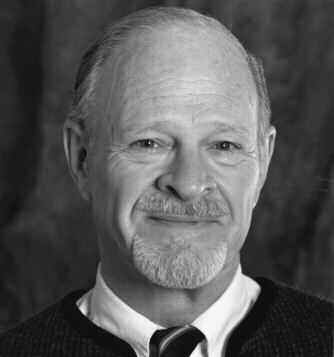 He earned a master’s degree in German from Northwestern University, and a Ph.D. in German from Harvard University in 1965. He also held a DAAD Fellowship at Universität Hamburg in 1957-58. After teaching at Colgate and UC Berkeley, he joined the Pomona faculty in 1965, and for 31 years taught courses in German language, literature and culture ranging from early tribal migrations to the Cold War and reunification. He also conducted research on Viennese poet, novelist and playwright Richard Beer-Hofmann, producing a number of articles as well as an edition of Beer-Hofmann’s correspondence, Der Briefwechsel mit Paula, 1896-1937. Most summers, Professor Sheirich spent time in Vienna, doing research.
He earned a master’s degree in German from Northwestern University, and a Ph.D. in German from Harvard University in 1965. He also held a DAAD Fellowship at Universität Hamburg in 1957-58. After teaching at Colgate and UC Berkeley, he joined the Pomona faculty in 1965, and for 31 years taught courses in German language, literature and culture ranging from early tribal migrations to the Cold War and reunification. He also conducted research on Viennese poet, novelist and playwright Richard Beer-Hofmann, producing a number of articles as well as an edition of Beer-Hofmann’s correspondence, Der Briefwechsel mit Paula, 1896-1937. Most summers, Professor Sheirich spent time in Vienna, doing research.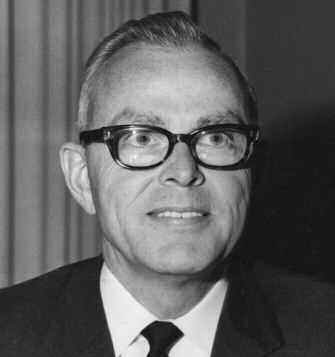 After earning his M.A. degree in history at the University of Iowa and a Ph.D. in history at UC Berkeley, Professor Smith came to Pomona College in 1952. He was hired to teach French history, which he did for many years, regularly offering such courses as Absolutism and the Enlightenment in Europe, The French Revolution and the European Response and the History of Russia, in addition to Western Civilization. Smith also served as associate director of admissions and director of financial aid during the 1960s, and it was on his watch that Pomona established a policy of “need-blind” admissions.
After earning his M.A. degree in history at the University of Iowa and a Ph.D. in history at UC Berkeley, Professor Smith came to Pomona College in 1952. He was hired to teach French history, which he did for many years, regularly offering such courses as Absolutism and the Enlightenment in Europe, The French Revolution and the European Response and the History of Russia, in addition to Western Civilization. Smith also served as associate director of admissions and director of financial aid during the 1960s, and it was on his watch that Pomona established a policy of “need-blind” admissions.